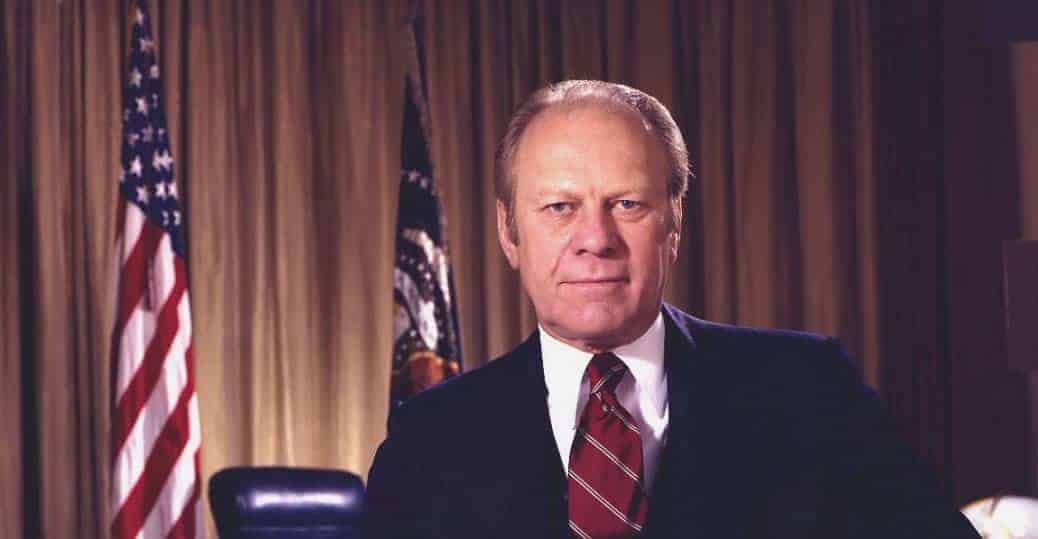Ever since the office of the President of the United States of America was established in the year 1789, it has been the dream of politicians of all party affiliations to hold the office. To date, 44 men have realized the dream. From George Washington to Donald Trump, a wide range of men, with varying outlooks and abilities, have served as President, each shaping the nation’s history – for better or for worse – in their own, unique way.
But not all of these 44 men (and yes, they have all been men) got to the top after standing for election as President. A select group got the top job by default. Circumstances beyond their control presented them with the opportunity to step up from Vice President to President. Some seized the opportunity with relish. Others were perhaps less reluctant to become the most powerful man in the country. And, while some made the most of their time in office, others left behind less notable legacies.
So here we have the nine men who assumed the office of President without having first been elected to the post:

Gerald Ford
Any list of the men who became President without being elected to the office must surely start with Gerald Ford. After all, this is the only man in American history to have not only assumed the role of Commander-in-Chief without winning an election but to have assumed the role of Vice President without having been given the nod by the Electoral College either. Despite this, he rarely seemed out of his depth in the roles entrusted to him and his time in both of the big two offices is, by and large, remembered favorably.
Gerald Rudolph Ford Jr. was born in Omaha, Nebraska, in July of 1913. As a young man, he committed himself to serving his country. So, when the Japanese attacked Pearl Harbor, Ford, who was only fresh out of Yale Law School, signed up. He served in the Naval Reserve, eventually reaching the rank of lieutenant commander, and, almost soon as the war was over, he went into politics.
For 25 years, Ford served as the Representative for Michigan’s 5th Congressional District. By all accounts, his time in the role was remarkable in that it was largely unremarkable. Ford was humble, modest and hardworking, turning down overtures to run for Senate or for the office of Governor of Michigan. He did, however, serve on the Warren Commission as it investigated the assassination of JFK, a role in which he came to the attention of the dead president’s successor, Lyndon B. Johnson. Impressed by Ford’s abilities, Johnson invited him to become the Minority Leader in the House of Representatives. Ford accepted the post.
By 1973, Ford was traveling across the States so much that he vowed to his wife that he would soon resign and retire. But his life plans were scuppered by Spiro Agnew. The then Vice President shockingly resigned amid claims of tax evasion and money laundering. Senior figures in Congress strong-armed President Nixon to appoint Ford as his number two. He accepted and so, on December 6, 1973, Gerald Ford became Vice President of the United States without being elected to the office. But more was to come.
On August 1, 1974, Ford was informed that agents investigating the Watergate scandal had found the ‘smoking gun’ implicating Nixon in the affair. Just eight days later, Nixon resigned and Ford was sworn into the highest office in the land. Pointedly he stated to the American public: “I am acutely aware that you have not elected me as your president by your ballots, and so I ask you to confirm me as your president with your prayers.”
It was an office he would not hold for long. In the 1976 Presidential election, Ford (apparently reluctantly) agreed to run. Though he beat Republican challenger Ronald Reagan, he lost to the Democrat Jimmy Carter. He has gone down in the history books as a hardworking, largely honest and humble leader. However, in some eyes, his pardoning of Nixon will forever tarnish his record in office.

